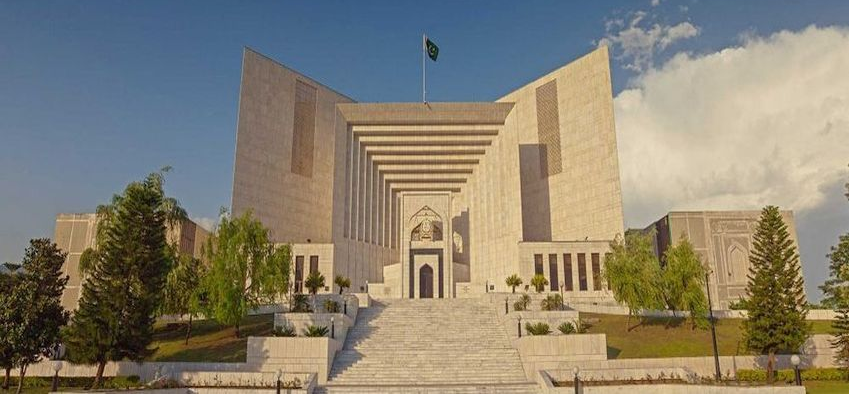Limitation Laws can be applied in Inheritance Cases under Special Circumstances --- Supreme Court of Pakistan
Islamabad 11-10-2024: The Supreme Court of Pakistan, in a significant ruling, dismissed a Civil Petition filed by Akhtar Nasir Ahmed, which challenged a 1982 inheritance mutation in favor of his deceased sister’s son. The petition, filed after a delay of over 27 years, was deemed to be barred by limitation, as the Court reiterated the applicability of limitation laws in inheritance disputes under certain circumstances.
The petitioner had filed a suit for declaration against the validity of Mutation of Inheritance No. 2165, executed on 22nd November 1982, in favor of Respondent No. 4, the son of the petitioner’s predeceased sister. He contended that his father, Ch. Akbar Ali, who owned 258 Kanals of land, passed away in 1982, and his sister’s son was not entitled to inherit a share. The petitioner claimed that he was unaware of the mutation due to his residence abroad in Canada.
The trial Court initially decreed in favor of the petitioner in 2013. However, on appeal, the District Court remanded the case for fresh consideration with regard to the issue of limitation. Subsequently, the trial Court dismissed the suit on the ground of being barred by limitation. The appellate Court and the Lahore High Court upheld the findings of the trial Court, prompting the petitioner to approach the Supreme Court of Pakistan.
The Supreme Court of Pakistan bench, comprising Mr. Justice Yahya Afridi and Mr. Justice Syed Hasan Azhar Rizvi, thoroughly examined the arguments presented and reaffirmed that the law of limitation could apply to inheritance matters if the claimant shows negligence or delay without a valid reason. The Court emphasized the legal maxim “Vigilantibus non dormientibus jura subveniunt” --- “the law assists the vigilant, not those who sleep on their rights.”
The Court observed that the petitioner’s argument of unawareness due to his foreign residence was not substantiated by the pleadings in the plaint. It was noted that the petitioner had failed to specifically mention his residence in Canada in the suit or seek exemption from limitation under Order VII, Rule 6 of the Civil Procedure Code (CPC).
In support of its ruling, the Court cited previous landmark decisions, including Ghulam Ali (PLD 1990 SC 1) and Mst. Grana through LRs & others Vs. Sahib Kamala Bibi & others (PLD 2014 SC 167), which clarify that limitation laws can be applied in inheritance cases under exceptional circumstances. The Court reiterated that the rationale behind the law of limitation is to promote certainty, finality, and repose in legal matters, ensuring that disputes are resolved when evidence is fresh and reliable.
The Supreme Court of Pakistan dismissed the petition and refused to interfere with the concurrent findings of the lower Courts, stating that the petitioner’s inaction for over 27 years without a valid explanation undermined his case. The Court highlighted that allowing such claims after extraordinary delays would set a dangerous precedent and adversely impact the integrity of the judicial system.
This judgment reaffirms the Supreme Court of Pakistan stance on the strict application of limitation laws in inheritance matters, emphasizing that the Courts will not entertain claims brought after prolonged and unexplained delays.
Powered by Froala Editor








